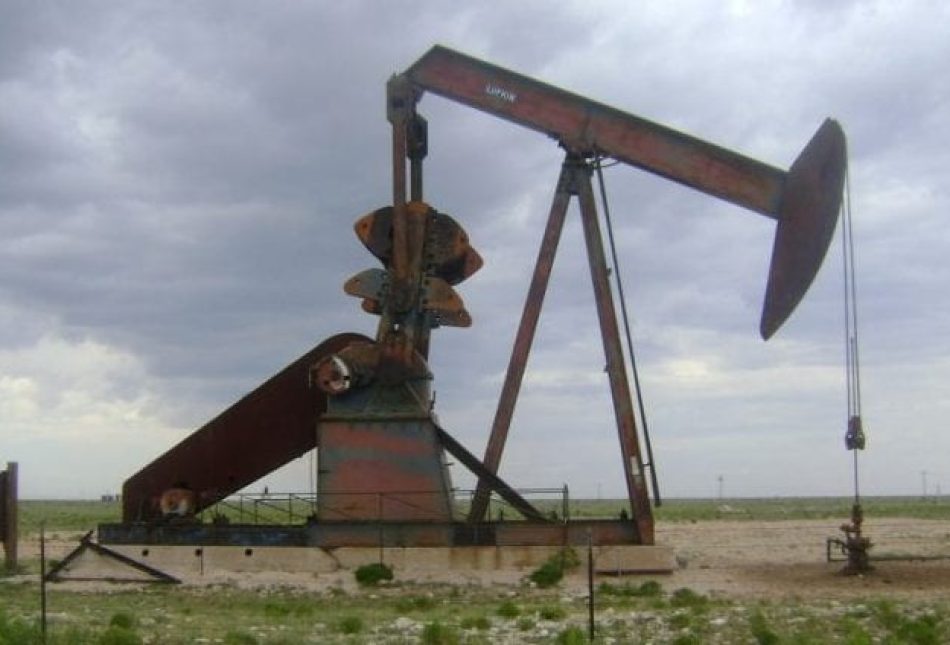Incredible 31 Percent of NM Budget Derived from Oil and Gas

Thanks to the show Breaking Bad, many Americans now realize that they don’t need passports to visit New Mexico. We surely appreciate the publicity. But New Mexicans have reason to be even more grateful to another industry.
The New Mexico Tax Research Institute (NMTRI) recently released a study entitled Fiscal Impacts of Oil and Natural Gas Production in New Mexico. It’s impressively researched, including detailed county-level analyses. The results show that absent the tremendous financial impact of the oil and gas industries, New Mexico would be a far different, poorer state.
NMTRI found that 31.5% of the state’s General Fund revenues—the primary source of funding for state public schools and higher education—come from taxes paid by the oil and natural gas industries. The General Fund also pays for state public welfare programs, environmental protection, tourism advertising and support, road construction and maintenance, and many other functions of state government.
Oil and gas tax revenues are more than 40% greater than all personal income taxes collected by the state and are second only to the gross receipts tax in total contribution to the state’s coffers. Simply put, the oil and natural gas industries are vitally important to New Mexico’s economy and thus to the state’s capacity for public services. Policies regarding these industries therefore can have tremendous impacts.
For example, last April Mora County commissioners passed an ordinance preemptively banning all oil and gas drilling there. This is not to dismiss legitimate environmental concerns, but vigilance is not the same thing as paranoia. A blanket ban is particularly dubious considering that Mora County is among the most impoverished counties in New Mexico: 23.8% of its residents live in poverty according to the USDA’s Economic Research Service.
Fortunately, in counties where drilling has been going on for decades, in both the Permian Basin (Southeast New Mexico) and San Juan Basin (Northwest New Mexico), support for the oil and gas industries is very strong. After all, these people understand the considerable economic benefits and tradeoffs of living among the oil and gas rigs better than anyone else.
Money for government services has to come from somewhere, and much of it comes from oil and gas taxes. Tax policy is not very interesting to most people, but public services are and the connection between the two couldn’t be closer.
With just a few more drilling bans we could see some ugly results. Imagine your local public school with 31.5% less funding. It’s a frightening picture.
Given the considerable value of the oil and gas industries, it’s worth wondering how we can reap more benefits from their presence. Our neighboring states also have plentiful oil and gas reserves, so raising their taxes is not a wise move. We certainly want to keep them here. Fortunately, there is another, better way.
The federal government owns a staggering 41.8% of New Mexico’s land. If the state government were to obtain the lands that are not national parks, military installations, or wildlife areas and manage it at the state level the pool of jobs and resources generated by oil and gas could expand dramatically.
More and better public services without having to raise taxes is a rare win-win for New Mexico taxpayers. That is why the idea has gained bipartisan support in Santa Fe. Washington’s mismanagement of this land and its royalty payments has long been in need of remedy. The federal government has little motivation to do better.
Increasing state control of federal lands may not be realistic in today’s political climate, but what is even more crucial is preventing the federal government from further movement of federal lands into categories that prohibit oil and gas development. National parks and monuments are natural treasures; such designations should not be used to make ever more resources off limits to development.
New Mexicans have been relying on the oil and natural gas industries for years to fund public services. Policies that restrict these industries could be devastating to education, public welfare programs, and many other government services that we rely on. Policies that fail to account for the future productive potential of these industries shortchange New Mexico residents.
McElroy is a Policy Analyst with New Mexico’s Rio Grande Foundation. The Rio Grande Foundation is an independent, non-partisan, tax-exempt research and educational organization dedicated to promoting prosperity for New Mexico based on principles of limited government, economic freedom and individual responsibility.

